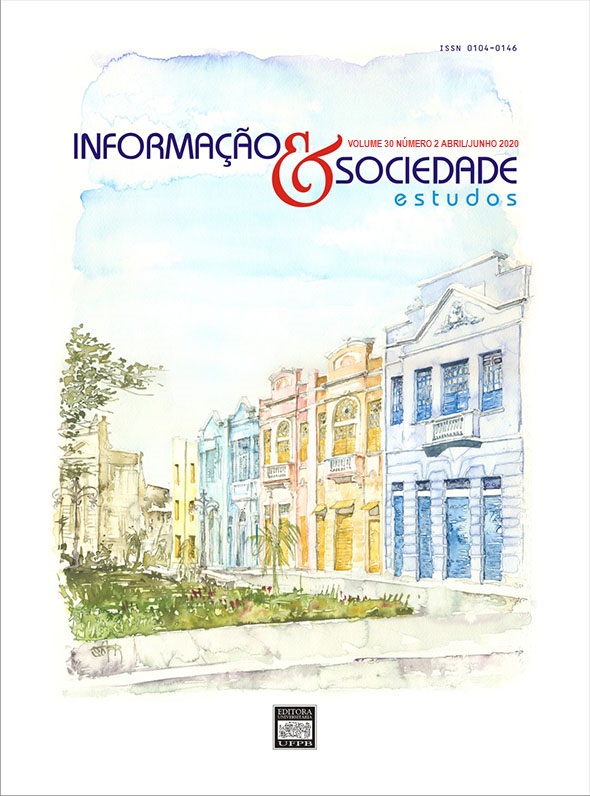A adoção de tecnologias digitais na reconstrução do Patrimônio: relato da experiência do Museu Nacional, Brasil
DOI:
https://doi.org/10.22478/ufpb.1809-4783.2020v30n2.52260Abstract
In situations in which historic buildings and collections are damaged, digital technologies can be useful in the process of reconstructing this heritage. Is possible stimulate the engagement of audiences on collaborative platforms, conduct digital restoration processes of heritage, as well as to create dynamic experiences of museum. From this perspective, this article represents the continuity of a study presented at the IV ISKO Portugal-Spain, in 2019, advancing in the analysis of digital strategies applied to the National Museum's heritage, post-disaster. It takes into account the significant part of the museum's collection, with around 20 million items, was affected by a fire, which occurred in September 2018. The qualitative approach and the case study method are adopted, involving non-participant observation techniques, bibliographic and documentary research. Digital strategies that mobilize the public in activities of reconstruction of heritage are discussed, with emerging issues related to authority and informational curation. Regarding the reconstitution and restoration strategies of the collection, it´s considered an innovative process of creating digital replicas, which incorporates materials from rescued artifacts. Also, are studied virtual visitation strategies as possibilities for develop unique museum experiences. It is inferred, therefore, that the National Museum's reconstruction process involves exchanges with agents and resources from its macroenvironment. It is also considered a temporal dimension of change and variability of heritage that is related to discursive and contextual practices, with the support of digital technologies.
Downloads
Metrics
Published
How to Cite
Issue
Section
License
Os originais aceitos e publicados tornam-se propriedade de INFORMAÇÃO & SOCIEDADE, sendo vedada sua reprodução total ou parcial, sem a devida autorização da Comissão Editorial, exceto para uso de estudo e pesquisa.






